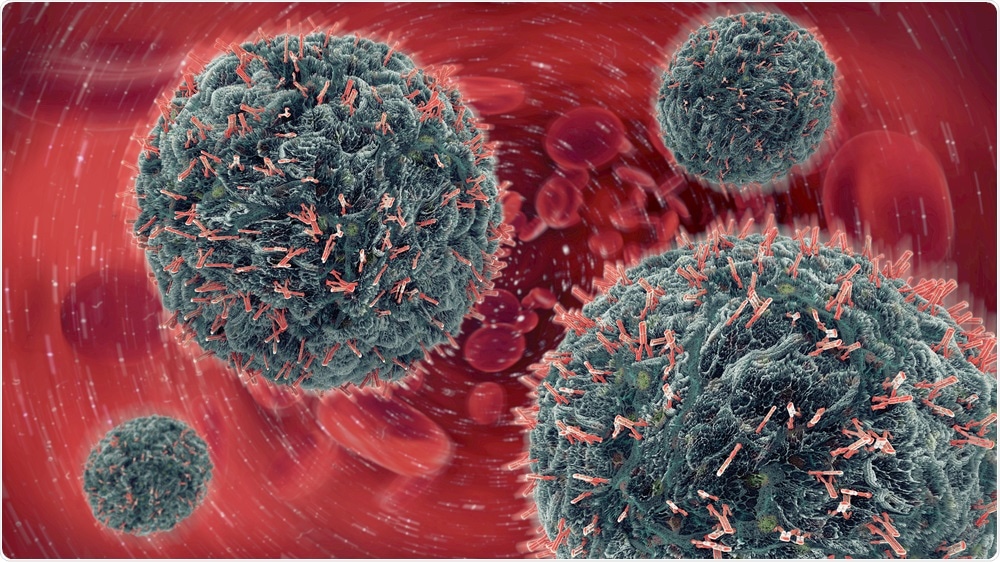
Scientists demonstrate rapid immune system development in newborn babies
Using new analytical techniques, researchers from Karolinska Institutet in Sweden have shown for the first time the dramatic development of the human immune system after birth.
 Image Credit: Christoph Burgstedt / Shutterstock
Image Credit: Christoph Burgstedt / ShutterstockOur immune system protects us from infection by inactivating the invading bacteria or virus.
It recognizes invaders as being non-self through protein-protein interactions on the cell surface and elicits an immune response in which the invader is inactivated by the binding of antibodies or destroyed by cells of the immune system.
Importantly, the immune system remembers the pathogens it has previously encountered, allowing it to respond more rapidly when the same agent invades in the future.
Before birth, a fetus is mostly sterile. From the first intake of breath, a baby begins to be colonized by a host of bacteria and viruses.
In response, its immune system starts to change dramatically in order to protect it from this hostile new environment.
Studying the changes that occur in the immune system of new-borns has previously been limited to analyses of blood samples taken from the umbilical cord immediately after delivery.
The development of new immune cell analysis techniques that can be performed on samples of only a few drops of blood has enabled researchers to investigate changes to the neonatal immune system over a longer period.
Now, a team at the Department of Women's and Children's Health, Karolinska Institute, used mass cytometry in combination with extensive plasma protein analysis techniques to monitor the development of the immune system during the first 12 weeks of life in 100 babies.
The changes were found to follow a very similar pattern amongst all the babies studies, beginning in the lungs, gut, skin and mucosa; all the areas in contact with the outside world. The research was recently published in the journal, Cell.
The research also highlighted that babies with abnormal gut flora also demonstrated a disorder of the immune system.
Next, the team plans to study immune development in more babies and continue to monitor them into childhood to determine whether there is an association between immune development and conditions such as diabetes, asthma and inflammatory bowel disease.
"Our results are important for better understanding the infection-sensitivity of newborn babies and the risks of premature birth", said Dr Brodin.



































No hay comentarios:
Publicar un comentario